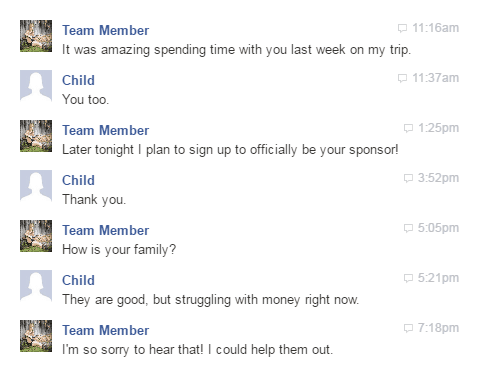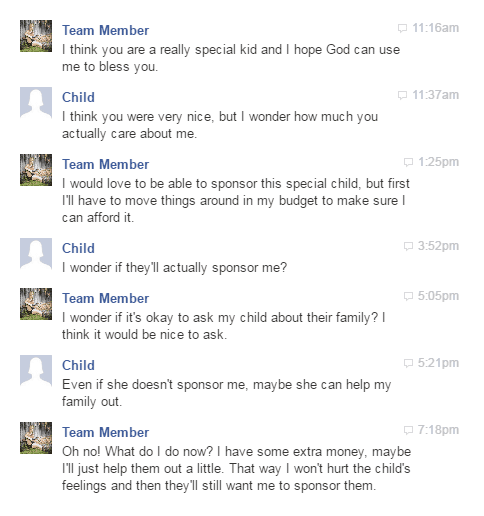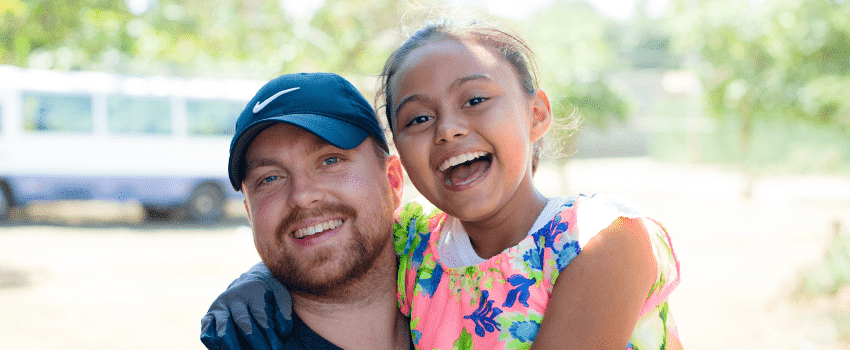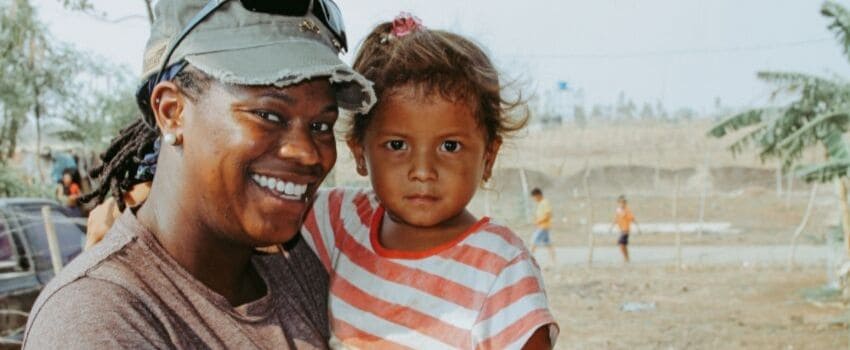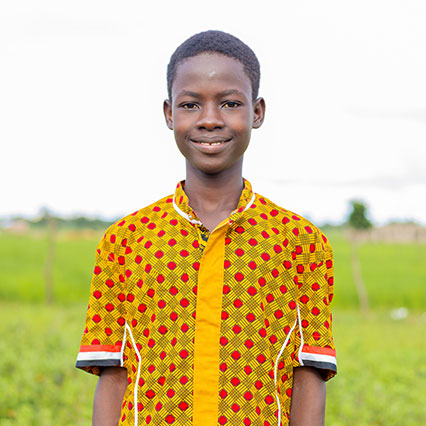
Pikliz Recipe from Haiti
Pikliz is a spicy, tangy condiment made primarily from pickled cabbage, carrots, bell peppers, onions, and Scotch bonnet peppers, seasoned with vinegar and spices. It adds a burst of flavor to Haitian dishes, particularly fried foods like griot (fried pork) and fried plantains, yum! Pikliz is often made in large

